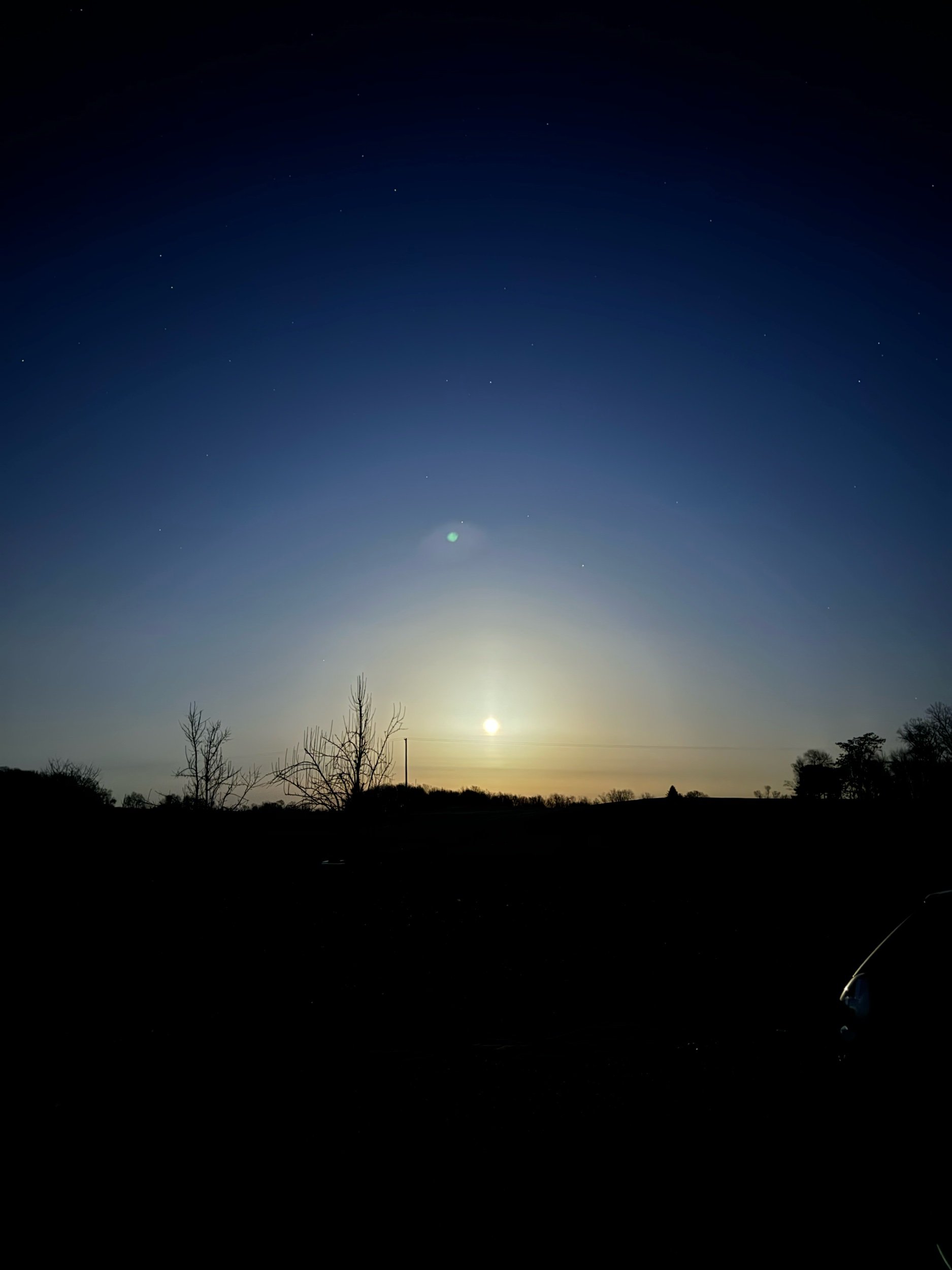
New Beeginnings
We all start somewhere. Here are some resources for beginning your journey into finding the magic in the mundane, exploring new perspectives, and cultivating a closer relationship with nature.
Wilderness wisdom 101
Time spent learning and understanding the basics of winter recreation is well worth it; you’ll get to spend time outdoors, gain a new hobby and maybe make some new friends along the way!
Wellness in a winter wonderland
Winter doesn’t need to be something we trudge through — it should be celebrated for its own unique beauty.
Sink your talons into falconry
Human-animal partnerships have existed for millennia, and many people, cultures and groups still rely on them today.
Don’t burn that butterfly’s blankie!
The splendid fall color season leaves a stash of freshly fallen leaves on the ground. They’re important for woodland species including insects, amphibians and small mammals over the cold months.
Under the spell of the seasons: Navigating mental health in nature
The changing of the seasons can be hard sometimes, especially when we're struggling. In this season's culture crossroad, learn how nature's cycles can give us insight into ourselves.
Going through a "rusty" patch: The plight of the rusty patched bumblebee
The classic buzz of the bumblebee is one of the signature sounds of the outdoors. These cute, fuzzy insects are gentle and unmistakable – and incredibly important to the environment. The Rusty-Patched Bumble Bee is the first bee added to the U.S. Endangered Species list.
Sometimes it Pays to be Messy: The Benefits of Keeping Yards Untended
Many species depend on nature’s clutter in the cold months, including native bee species! Clearing our gardens for winter may make our yards look tidy, but leaving it as is can provide important winter habitats for our vital pollinators.
Most Wanted: Carpenter Bees
For many people, carpenter bees are considered a nuisance. Due to their penchant for burrowing into wood, they have become known as a pest to frustrated homeowners. But these bees are more than their nesting habits—they are important pollinators.











